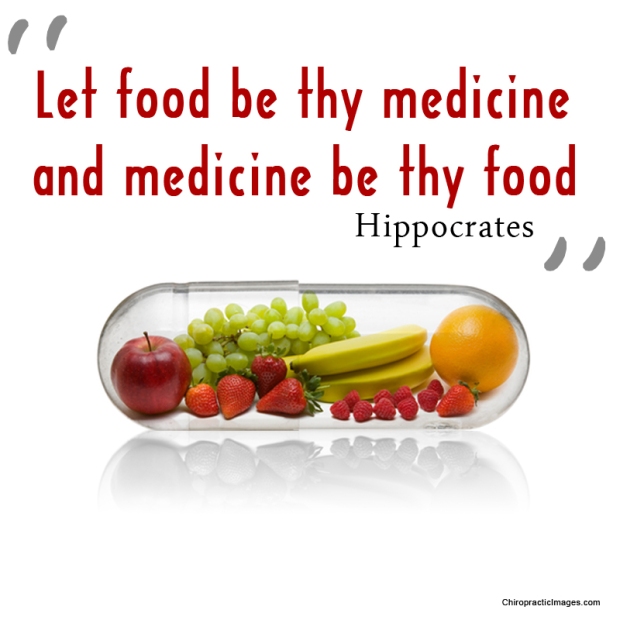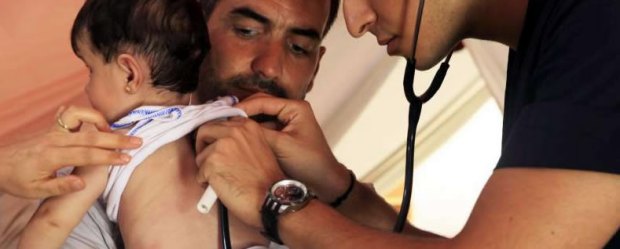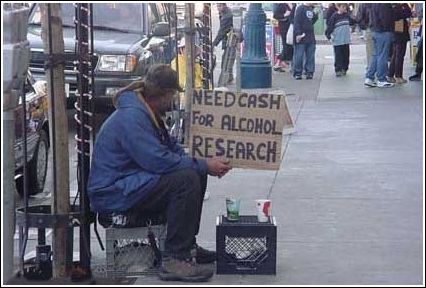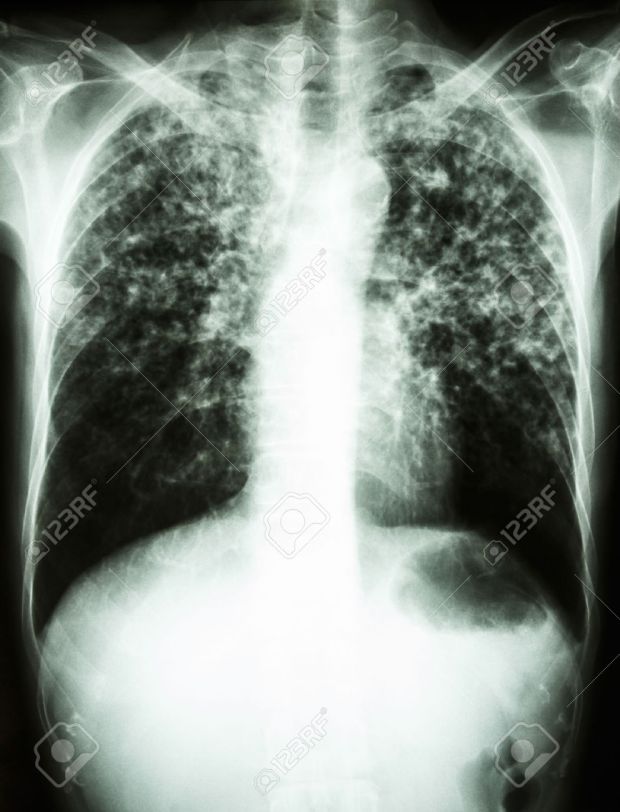I’ve been at loss of words for the last year or so. Everything I loved being involved with and the people who I want to spend time with were stripped away with a busy schedule. Everyone warned us that medical school is difficult and time-consuming. I may not have experienced the mountains of books that others feel is necessary nor have I had any all-nighters learning every little bit of our lectures. This is, by no means, due to a quick understanding on my part. I just feel like it doesn’t matter to me as the vast majority in our class or any other medical student that exists. I never put doctors on a pedestal or felt that this was “the only thing I could ever imagine myself doing”. Medicine is a means to an end for me. But the more time I’ve spent learning about it, the less I feel that it will truly take me where I want to go. Medicine truly is a full-time job and if you do not commit yourself entirely to excelling in the profession (due to the simple fact that people’s lives rest in your hands), then maybe it isn’t for you.
I started this blog hoping to find more of a balance during this journey. And due to the nature of medicine, I feel like I’ve lost it. Maybe I’m not ready to grow up and commit to one profession. Undergrad was such a special time where options for courses were endless and you could adapt your schedule to fit in things that you loved and it was a blank slate for whichever path you wished to venture down. Not having control over your school schedule or having to continuously focus your time and effort on weekly quizzes and mindlessly waiting for your next break is not what I imagined for myself for 4 years. The reason why I say I’m not ready to grow up is because I enjoy immediate gratification. When I find something I love, I want to drop everything and focus on that. It’s an irresponsible way of thinking because I won’t always be immersed in a career where I feel euphoric and passionate 24/7. But how do I know whether I will feel that way at all in the future? How do I know there is not more out there that I just didn’t give myself time to explore before choosing a career? Med school admissions allow students to now come in with any background with no pre-requisite courses and the MCAT caters to more people with a diverse set of sections. If only I could have waited until now to apply, I may have been a bit more content with my life before committing or I may never have applied at all.
Next year, while I am scheduled to partake in a 9-month rural clerkship in a small town, I wonder if it would be best for my own mental well-being and sense of identity to take time off to find what I’m looking for or at least pursue interests that were left behind at the start of medical school. Maybe doing that 2-year social work degree may light a spark underneath me, or maybe I need to broaden my scope in fields of anthropology or nutrition or business, or maybe I just need a year off to travel and spend time with loved ones and focus on helping myself before I can fully attend to helping others. Either way, everything is just a question mark. Who I am, where I should be right now, what direction I want to head in, and ultimately, what will make me happy. Everyone should have something in their lives that both keeps them up at night thinking about and gets up jumping out of bed each morning to do. It’s time I have that in my life too.




